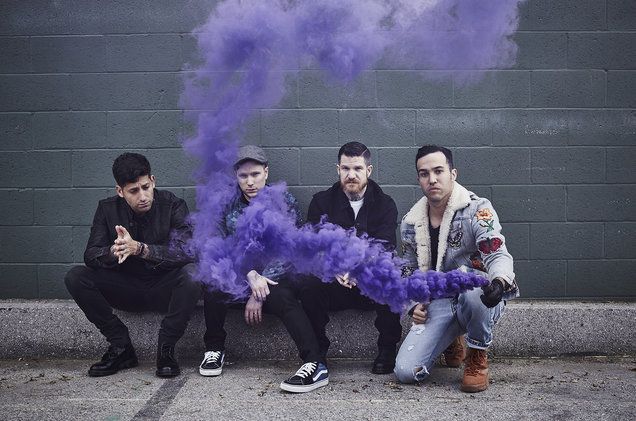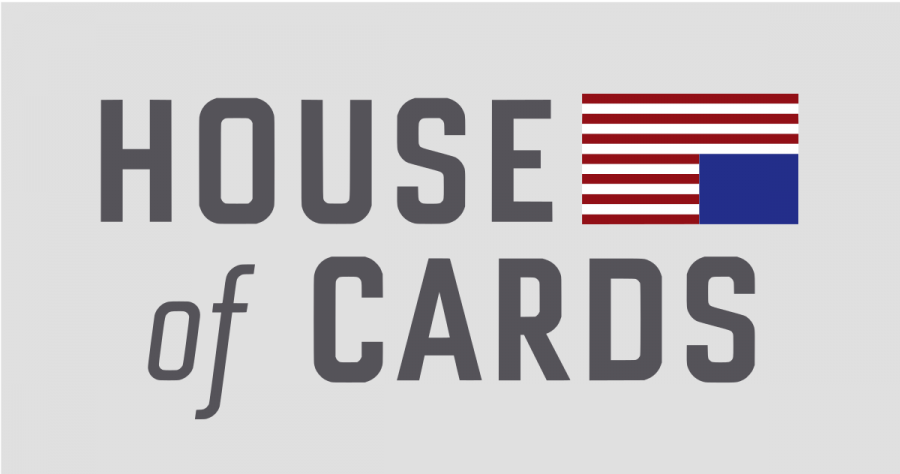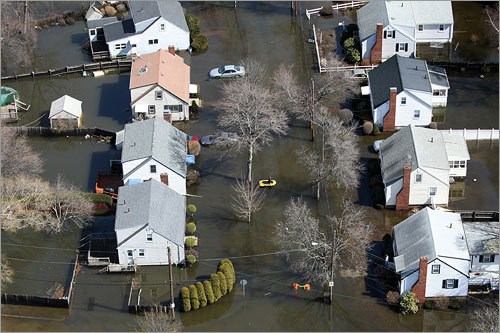A biweekly column addressing students’ health questions from office of Health, Wellness, and Recreation.
Dear Wellness Ambassadors,
This past weekend my roommate and I went to a Halloween party, and she drank a lot. She passed out when we got home and I was very worried about her. I thought I should maybe call for help, but didn’t want to get her in trouble. Thankfully she was okay, but what should I do next time?
I’m glad that your friend is okay. It can be scary when you are worried about your friend’s safety, and worried about getting in trouble. It sounds like you might have thought that your friend had alcohol poisoning, which is a valid concern. This is what happens when an individual overwhelms their body by drinking a large amount of alcohol in a short amount of time.
Drinking too much too quickly can affect a person’s breathing, heart rate, temperature, and gag reflex. In addition to passing out and losing consciousness, cases of alcohol poisoning are also often accompanied by vomiting, confusion, seizures, erratic breathing, and pale or blue skin. The reality is that alcohol poisoning can result in coma, brain damage, and even death if the individual does not get help.
It is very important to seek help if you have any reason to think your friend has alcohol poisoning. While the decision to seek medical help when you are afraid of getting in trouble is difficult, your friends health and well-being is much more important. It’s best to err on the side of caution, and always keep in mind that the consequences of not getting help could be much more serious.
Also, if this happens again, it is important to make sure you don’t leave your friend alone if they are unconscious or throwing up. If your friend does become unconscious, make sure to turn them on their side to prevent them from choking on their own vomit if they do throw up.
Drinking safely, in moderation, can be a fun, social activity! Before the next party, it might also be helpful to talk to your friend about setting an alcohol limit, and discuss how much you plan on drinking when you go out. Doing this would be very helpful to prevent alcohol poisoning from happening in the first place.
Dear Wellness Ambassadors,
I recently took the morning-after pill, and now my period is late. Is that because of the pill?
That’s a tricky question. A late period could certainly be caused by taking the morning-after pill. Irregular bleeding is a common side effect of taking emergency contraception. It is possible that your first period after taking the morning-after pill could be early or late. If you’re not pregnant, your menstrual cycle should return to normal the following month.
Emergency contraception can reduce the risk of pregnancy if it is taken within five days of unprotected vaginal intercourse. It works best when started within 72 hours and during this time can reduce the risk of pregnancy by 75-89 percent.
It is important to note that while it is effective, it is not as effective as the regular use of ongoing contraception, and frequent use may cause your periods to become irregular and unpredictable. Emergency contraception also does not prevent pregnancy for the rest of the menstrual cycle.
However, a late period could also mean you are pregnant. Emergency contraception is not 100 precent effective, so if you think you are pregnant, it is important to be tested. Testing can be done right at the Simmons College Health Center.
If you have any more questions about the morning after pill and its side effects, you can contact the Simmons Health Center at 617-512-1002 or Planned Parenthood at 800-258-4448.

















